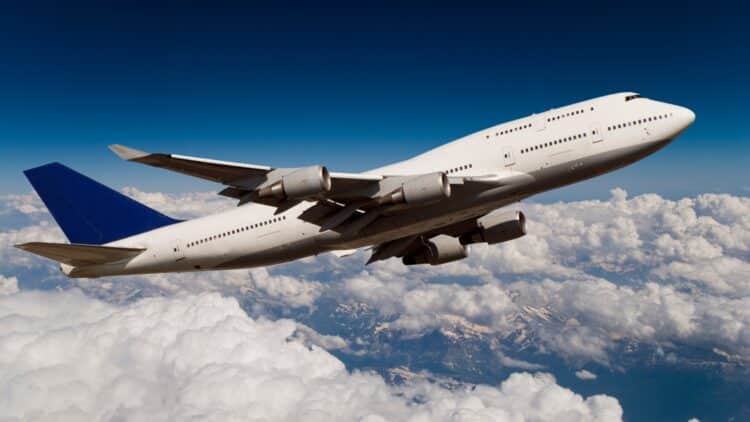If you had the opportunity to go on vacation this summer, you may have noticed a large number of generic white planes at the airport. But how is this possible? These white planes are not private jets, as they may appear at first glance. They are planes flown by companies other than the ones you bought your plane ticket from.
This is a rental model called ACMI (Aircraft, Crew, Maintenance, Insurance), which allows airlines to borrow an aircraft when they have a peak in demand: that is, to rent more aircraft when they have more passengers than they can carry with their own fleet. They also use these types of generic aircraft when they have suffered a technical breakdown.
But, you may be wondering, why are there so many white planes all of a sudden? Here we explain their sudden popularity and how it affects you as a traveler and your rights.
White is the new black
These aircraft, popularly known as “white tails,” are flights operated by third-party companies during peak traffic periods. For example, they are very common in the summer. They are also a good option for airlines when they need to perform maintenance on their own aircraft. Some of these ACMI companies are: SmartLynx, Avion Express, Wamos, Titan, Hi Fly, etc.
These airlines not only lend the aircraft but also provide crew, technical maintenance, and technical insurance. The leasing airline is responsible for paying for fuel, flight fees, and the route. The company accepts invoices by block hours (just as you would for a rental car).
But why have we seen so many generic aircraft at airports this summer? This was largely due to two technical problems: on the one hand, the delivery of the Boeing 737 MAX has been delayed, so airlines have had to replan their entire fleet. On the other hand, Pratt & Whitney GTF had a problem with the engines of its A320neo, so they will have to use ACMI aircraft until 2026.
How this affects you as an airline passenger
It may seem strange that, if you have booked a flight with Ryanair, you are shown a white plane on which you have to transfer. However, the legislation of many countries protects you. In the European Union, the airline must inform you of the identity of the operating airline when you book. In other words, the airline ticket must show which company is providing the plane. Even if it is in small print…
In the United States, there are also regulations that require code-share agreements to be disclosed. Even in advertisements, a generic notice stating “flights will be operated by other airlines” may be required.
Even if you have been warned that you will be flying on another plane, your expectations for the trip will also change. If you have flown several times with an airline, you usually expect a certain type of seat, Wi-Fi, and other amenities that you will probably not find on a generic plane. The same will happen with the crew: even if they are polite and the service is good, it will not be identical to the standard of the brand from which you purchased your ticket.
If you bought a plane ticket thinking about the peanuts or sandwich sold by an airline, you can’t help but feel disappointed when they don’t serve it to you… Although that’s low on the list of priorities for the average adult.
You don’t have to worry about the safety of the aircraft: the ACMI operator complies with exactly the same aviation regulations and requires the same national authorizations. If you have any problems with the flight—because it has been delayed or your luggage has been lost—you will still have to contact the company from which you purchased the ticket, not the one that leased the aircraft.
At a time when both domestic and international flights are the order of the day, it is normal for rental companies to have emerged to help meet the high demand. As travelers, we can only be happy that our flight is not canceled; we’ll just have to put up with the smallest seat.

